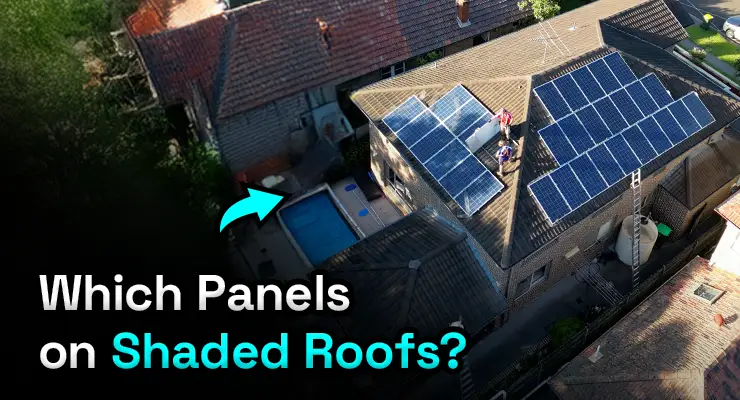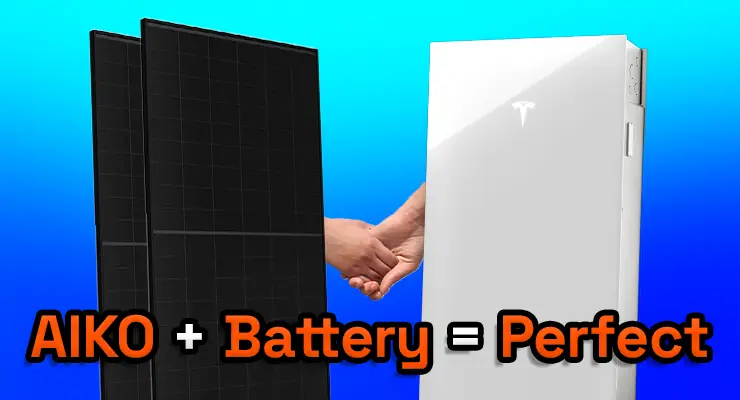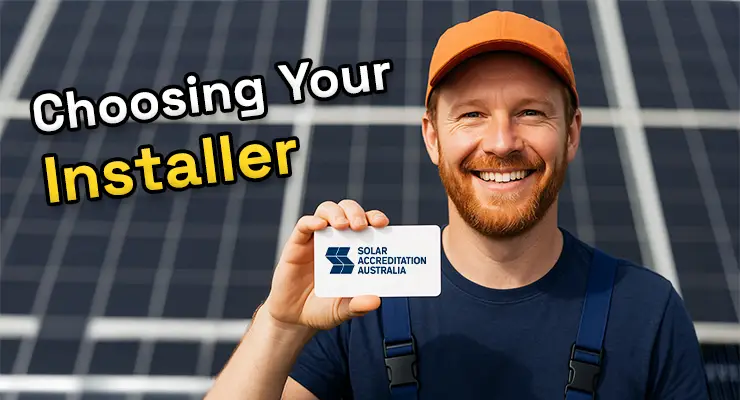
Fast read
When buying a solar inverter, consider the brand's longevity in the market, the length and terms of the warranty, the number of units installed in the country, the technology offered, and the installation location. Inverters can be string or micro, with microinverters installed under each panel on the roof and string inverters located on the side of the house or in a garage.
Having a property site inspection is essential to determine the best inverter location and solution for your specific needs. Additionally, consider the inverter's size, compatibility with other system components, and monitoring capabilities. Understanding the difference between grid-tie and off-grid is crucial when choosing the type of inverters and the appropriate one for your needs.
What questions should I ask when buying a solar inverter?
Solar inverters can be known as the heart of the solar system, however, there are a number of factors that need to be considered before buying a solar inverter. As a whole, there are four main components to the solar system.
- Solar panels
- Inverter
- Racking
- Cabling
These four components together are known as the balance of the PV system.
How long has that company been in Australia?
A particular inverter brand with a 5-year product warranty was prevalent a few years ago. Unfortunately, after four years and six or seven months, that model failed significantly. Luckily the manufacturer, in that case, backed the product, but they also could have easily left Australia, and then the end customer and installer would have been stuck.
So you want to have the product in the market for at least five, six, or eight years to double-check that there are not any long-term issues coming around. Then, you need to ask how long the company has been in the country and the other one to consider is:

How much product warranty will they give you?
Many inverters give you a five-year full inclusive product warranty and maybe an additional five-year parts warranty or a full ten years parts and labour.
When buying a solar inverter, you must check the warranty conditions to see if the labour component is included. For example, some manufacturers give you a five-year parts and labour warranty. Then for the second five years, you only have the parts covered, and the customer must pay for the labour.
You must double-check if the second 5-year warranty period includes the parts and the labour, or is it just parts?
How many of these models have been installed Australia-wide?
Has this particular inverter solution been around for a while, and how many have the company that is installing that particular model installed already in past years? If they are a service agent, that’s a good sign because if there’s an issue, they would be experts in how to fix it.
You must consider the technology on offer when buying a solar inverter
String inverters like Fronius and SMA and microinverters like Enphase or optimised panels exist. You will put the optimiser (like SolarEdge) or the microinverter on every panel.
They sit under each panel on the racking. The other option is having a sizable string inverter system on the side of the house.
Having the inverter installed on a western or northern wall is not advisable as it can become scorching in summer, greatly impacting its longevity and performance.
If you don’t have the right spot to install a string inverter on the side of the house or in a garage, then maybe microinverters are the way to go, as they are sitting under the panel on the roof.
I believe the garage is the best spot for the inverter because the inverter is protected from the elements. In addition, we find that from the experience of the last 10 – 15 years, inverters in the garage get another 2 or 3 years’ worth of life compared to those sitting outside, specifically if exposed to direct sunlight.

Are you getting a proper site inspection?
As I often mention in my videos, I would only buy a solar and battery system from an installer willing to come out to check out your house. Make sure you ask during this site visit:” What is the best spot for my inverter? “
During this site visit, ensure agreement on the best inverter solution and the preferred installation position. For example, some inverter brands have a cooling fan inside, which can become noisy, especially when they become dusty. Therefore it is not advisable to install them near a bedroom if this bedroom could be used during the day.
How is the monitoring working?
Is that particular inverter model allowing you good, solid monitoring on an app? Some inverters have sophisticated, designed monitoring, and others are left behind in their development. In all cases, you should be able to get modern apps to allow the monitoring to be on your phone.
What technology has been recommended when buying your solar inverter?
What you must also consider when buying a solar inverter is the technology. I mentioned before – string inverters versus microinverters and optimisers. Microinverters and optimisers tend to be used more often when there are shade issues.
The microinverter people have their reasons, and the optimisers have reasons why they recommend their technology. The string inverter people believe theirs is also quite solid. I don’t have a preference, as it depends on the individual installation situation to design the best solar solution.
In those cases, you would get advice from the installer on-site when they see your circumstances and make recommendations.
One significant advantage of a microinverter or panel-optimised solution is that if one panel breaks down, the rest of the system will still operate, so you’re not losing all your electricity generation. The whole system will shut down with a string inverter if one panel has an issue.
So it returns to the old-fashioned thing when purchasing a solar inverter.
What aftersales service is on offer?
I always look at the after-sales capability of the company that will install my solar power system. Do they have a service department? Will they be willing to take a service call or fob you off to the manufacturer? Are they located not too far from you, so they will be willing to come out for a maintenance matter?
These are the key questions to ask when you are trying to buy the right solar inverter solution.


